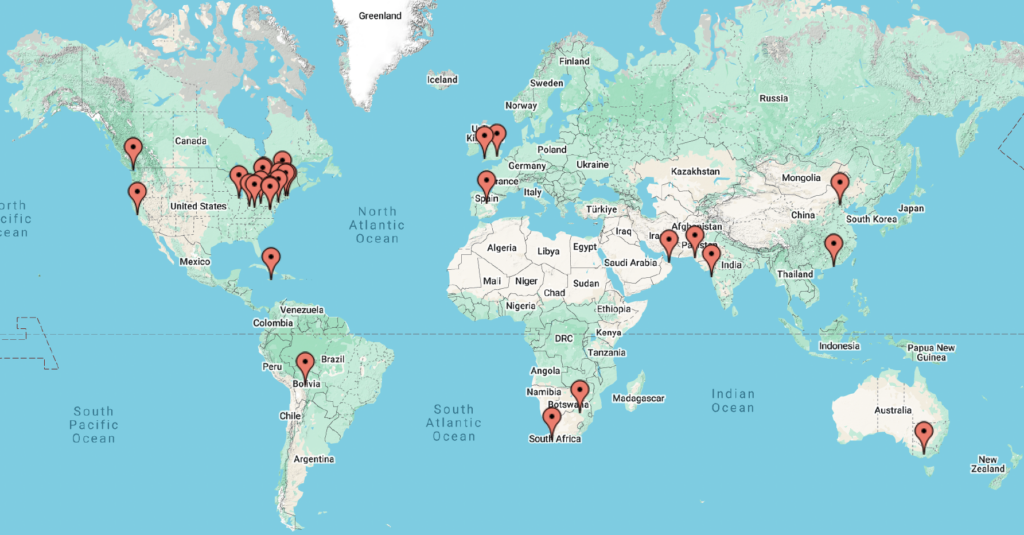Achieving the SDGs demands inclusive approaches that foster dialogue across diverse sectors. Yet, there are significant gaps in knowledge mobilization and transdisciplinary research that result in actionable solutions for community and policy. As such, in partnership with the After2030 Project, the SDGs@UofT is hosting a three part series of deliberative dialogues, titled Conversations that Matter to Advance Sustainable Development Through Higher Education Institutions (HEI), to convene academic institutions in order to discuss and debate challenges, solutions and offer new perspectives on addressing the SDGs and inform future global goals. Deliberative dialogues are a group process that helps to integrate and interpret scientific and contextual evidence to inform actions that address a specific issue.
Objectives
The Conversations that Matter is a three-part series that will:
- Convene academic institutions to discuss and debate challenges, solutions and offer new perspectives that are both epistemologically and ontologically diverse to address the SDGs and inform future global goals.
- Produce actionable knowledge that will be used by the network of engaged universities to shape their research and training opportunities that can produce innovative solutions to address the SDGs.
Session 1
Conversations that Matter to Advance Sustainable Development through Higher Education Institutions (HEI) – April 29, 2025
During the first session, participating institutions reflected on the meanings of sustainability and sustainable development, and the role of HEIs in addressing sustainability using case studies of academic institutions that have a strategic focus on sustainable development. Participants also discussed gaps in sustainable development research that address justice, equity, alternative knowledge and global power hierarchies. And finally, through the discussions, the session articulated future directions on sustainable development and the role that HEIs play in influencing a more transformative post-2030 agenda.
Geographic Distribution of Attendees – Conversations that Matter, April 29, 2025

Summary of Session 1
Urgency and Opportunity
With only 17% of SDG targets on track globally, the need for bold, integrated action is critical. Universities, while historically underrepresented in SDG decision-making, are now well-positioned to shape sustainable futures through research, teaching, and community partnerships.
Role of HEIs in a Polycrisis Era
Amid overlapping global crises, panelists emphasized the importance of transdisciplinary approaches, especially those that bridge academic silos and center marginalized knowledge systems, particularly Indigenous and Global South perspectives.
Challenges Identified
- Siloed disciplines hindering collaboration
- Global North dominance in shaping sustainability discourse
- Resource constraints and inequitable global partnerships
- Disconnect from local realities and social justice issues
Sources of Hope and Actionable Strategies
- Strong student engagement and activism
- Embracing Indigenous and ancient knowledge systems
- Reframing the SDGs through local, inclusive, and equitable lenses
- Building global-local, community-embedded partnerships
Takeaways from Panels and Breakout Rooms
- Universities should serve as conveners of knowledge, not just producers.
- A shift from net-zero to net-positive sustainability goals is needed.
- HEIs must advocate for interdisciplinary funding and embed sustainability across curricula.
- The 2030 agenda should evolve, with HEIs influencing its adaptation beyond 2030.
